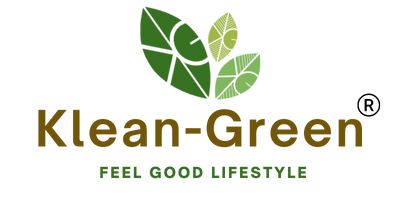
Hydrocarbon wax is a type of wax that is commonly used in food packaging, such as waxed paper, to prevent moisture and air from getting in or out of the packaging. There are concerns about the potential for it to permeate into food and have adverse effects on human health. Many businesses have switched to paper for food packaging, even for the gravy-based or liquid items. Just like plastic is known to adversely impact human health, studies have shown that hydrocarbon wax from waxed paper in packaging permeates into food; the substances used to impart water / oil resistance to paper is toxic and can cause endocrine disruption. Recycling of these heavily soiled paper containers is also questionable.
Hydrocarbon wax is a petroleum-based product, which means that it may contain trace amounts of harmful chemicals, such as polycyclic aromatic hydrocarbons (PAHs) and phthalates. These chemicals have been linked to various health problems, including cancer, hormone disruption, and reproductive problems.
When hydrocarbon wax from waxed paper permeates into food, it can potentially transfer these chemicals to the food. However, the extent of this transfer and the associated health risks are still being understood.
To reduce the potential health risks from hydrocarbon wax in food packaging, it is important to use products that are safe for food contact and to avoid heating or microwaving food in waxed paper. Additionally, using alternative forms of food packaging, such as glass or stainless-steel containers or Klean-Green natural leaf packaging boxes, can help reduce exposure to potentially harmful chemicals from food packaging.







